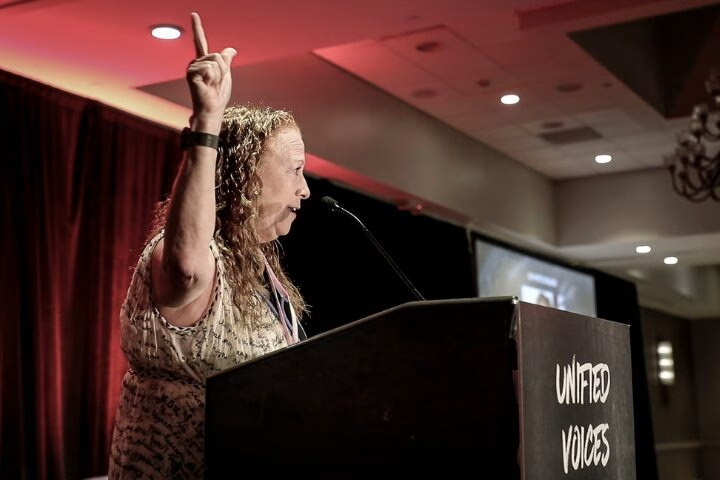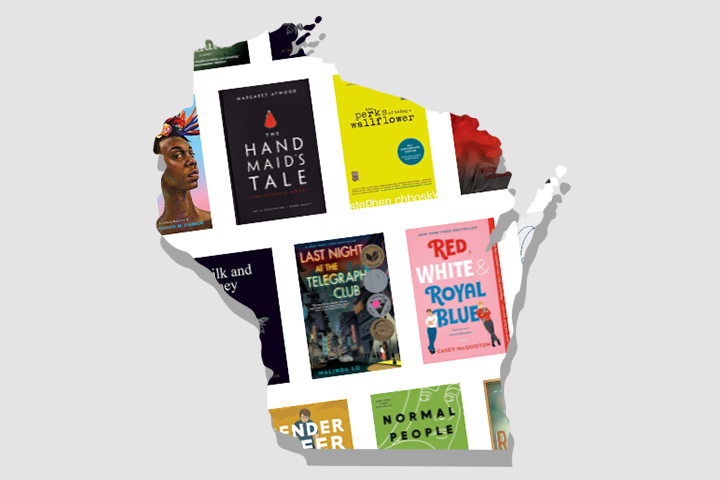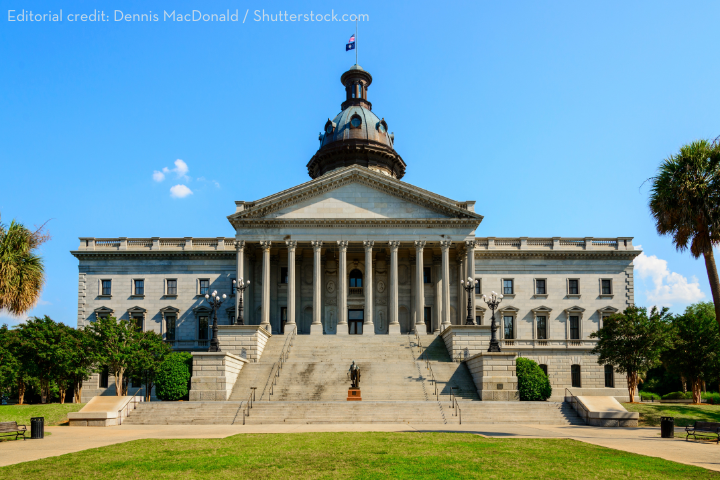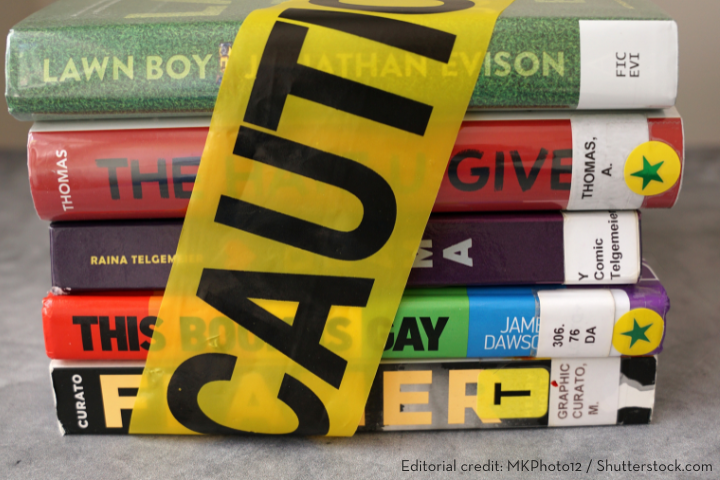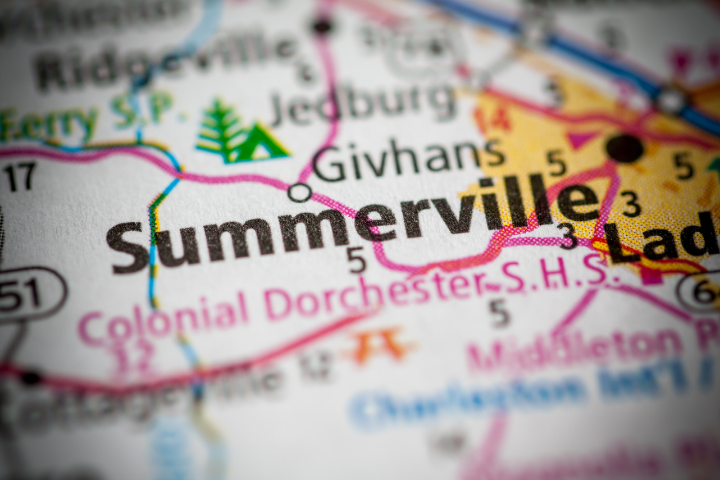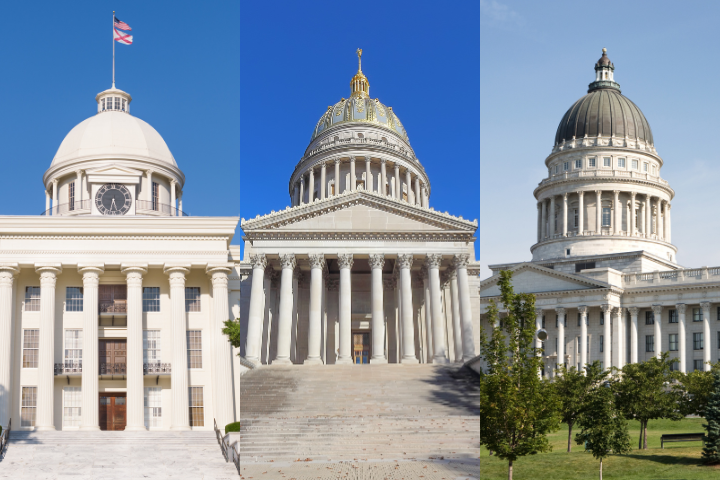Laura Benitez contributed research to this post.
A new spate of state laws and policies is giving lie to the idea that banning books is about families making decisions for their own children. In Utah, Tennessee, Idaho, and South Carolina, state lawmakers have actually moved away from so-called “parental rights” – and into government-mandated book bans.
The new laws and policies revolve around the idea of age-appropriate materials, which is historically a community determination. The new laws, however, move the decision up to the state: in Utah, for example, HB 29 will require all schools in the state to remove a book that is deemed to be “objective sensitive material” by just a few school districts in the state. In effect, the law will make the objections of just a handful of parents the law of the land.
Tennessee has created a similar framework with the recently-passed HB 843. Under the law, students, parents, and public school employees can request a review from the State Textbook and Instructional Materials Quality Commission to determine whether a book is “suitable for the age and maturity level” of K-12 students if a local school board doesn’t make a decision within 60 days. The state’s definition of suitability includes a prohibition on sexual conduct, nudity, or excessive violence. If the commission decides to ban a title on those grounds, every public school in the state must remove it, even if a parent at only one school objected to it. In South Carolina, recent regulations do something similar: they allow the state to overturn local decisions and ban any book statewide that they determine is inappropriate.
And in Idaho, HB 710 will allow the state attorney general to bring a civil suit against any public school, private school, or public library that provides books or materials that are deemed to be “harmful to minors.” Under the law, any person at all can request a review of any book or material that they believe violates the state’s obscenity laws, which include “any act … of homosexuality” within its definition.
Recent history shows exactly where such state meddling will lead. In Iowa, for example, a 2023 law that prohibits sexual content in schools under the state’s directive to include only “age-appropriate” materials in school resulted in over 400 book bans in one district alone. The ban initially swept up classics like The Catcher in the Rye by J.D. Salinger and children’s picture books, like Everywhere Babies by Susan Meyers. Even after the district returned many of those books to the shelf, at least 65 remained banned, including titles by Margaret Atwood, John Green, and Judy Blume.
The trend toward statewide banned book lists conjures the world of George Orwell’s 1984, but the book banning movement hopes you don’t get the reference: under these new laws, the book will likely be removed from shelves for containing sexual content.

